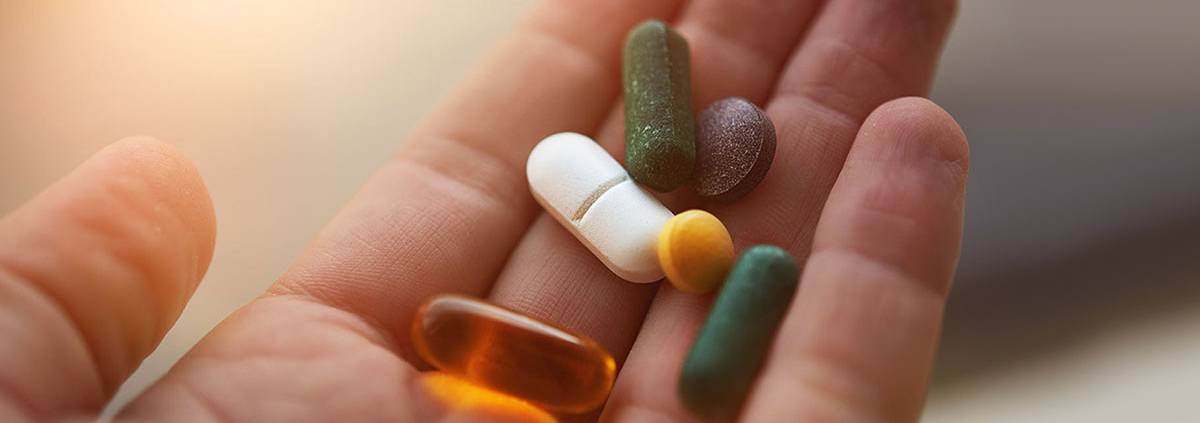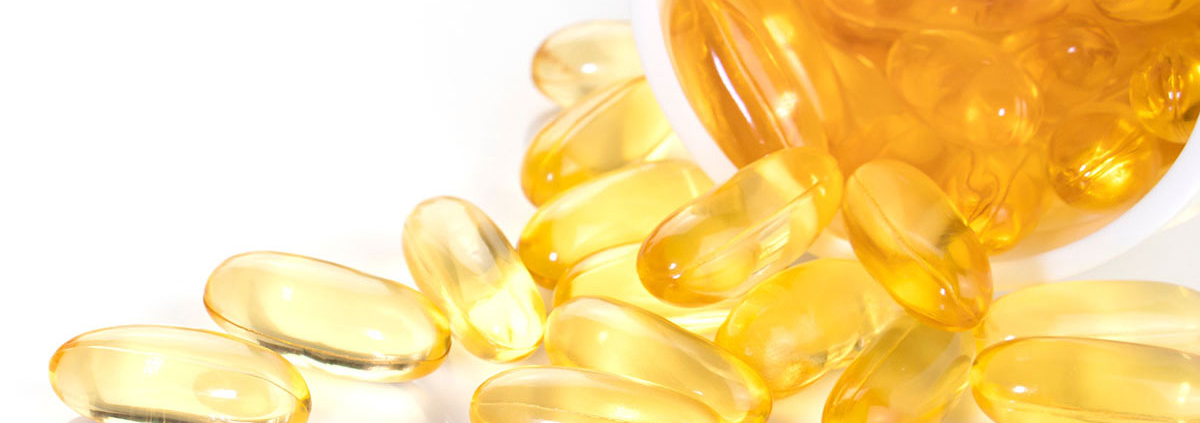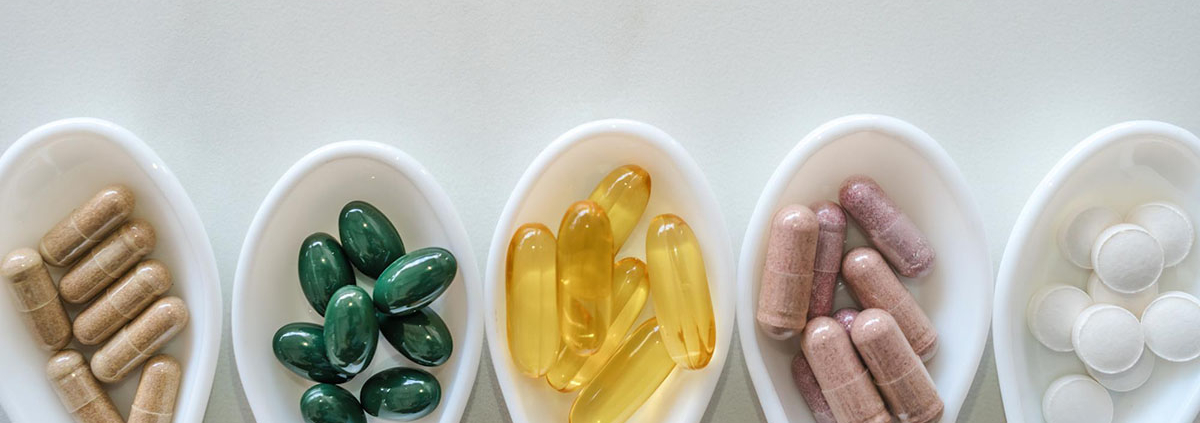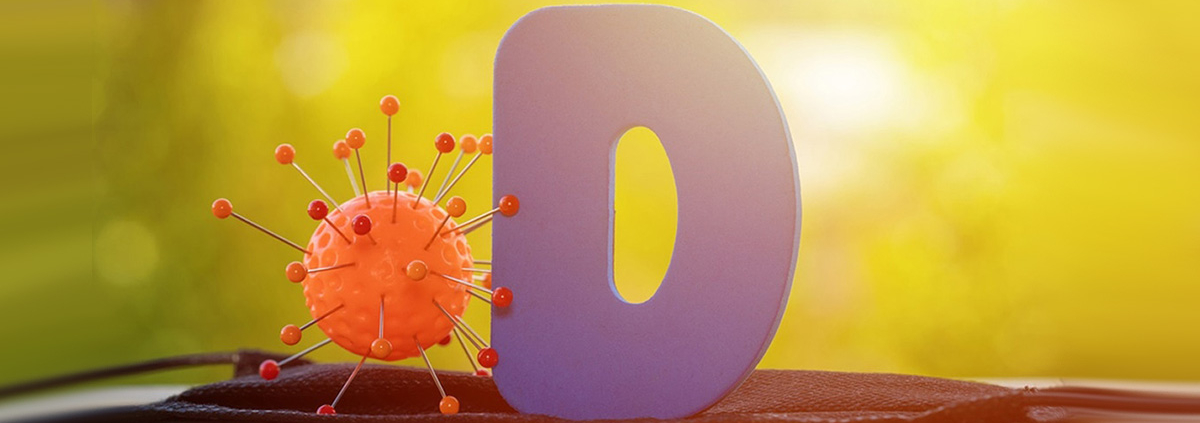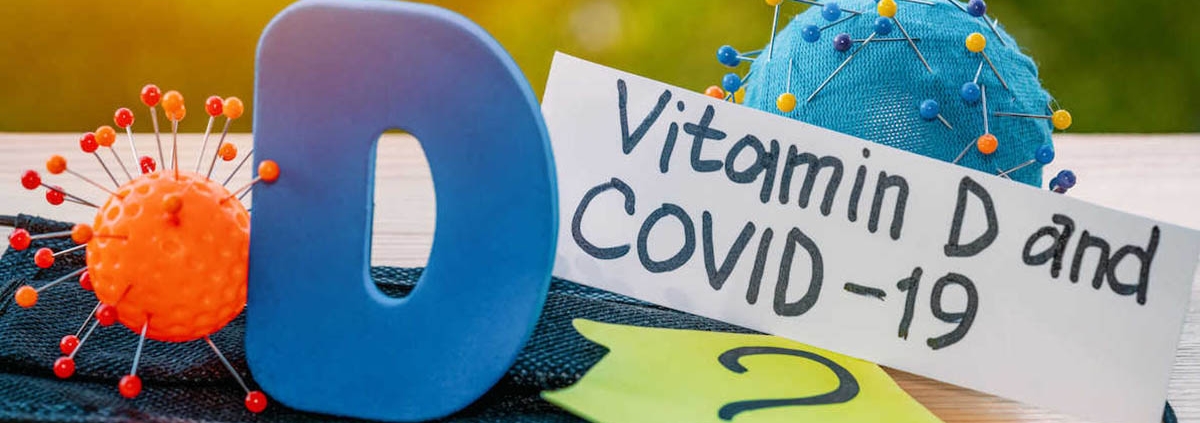A new review of COVID-19 hospitalization data by researchers at The University of Toledo has found that taking immune-boosting supplements such as vitamin C , vitamin D and zinc do not lessen your chance of dying from COVID-19.
Early in the pandemic, healthcare providers tried a variety of micronutrients as potential therapies for the new illness. More recently, supplements have been promoted by some as an alternative to the safe and proven vaccines.
Researchers reviewed 26 peer-reviewed studies from around the globe that included more than 5,600 hospitalized COVID-19 patients. Their analysis found no reduction in mortality for those being treated with vitamin D, vitamin C or zinc compared to patients who did not receive one of those three supplements.
Their analysis did find that treatment with vitamin D may be associated with lower rates of intubation and shorter hospital stays, but the researchers say more rigorous study is needed to validate that finding.
Vitamin C and zinc were not associated with shorter hospital stays or lowering the chance a patient would be put on a ventilator.
While the study predominately looked at patients who were already sick and hospitalized with COVID-19 when given the supplements, researchers did analyze a smaller subset of individuals who had been taking vitamin D prior to contracting the virus. They found no significant difference in the mortality rate of that population either.
The paper is published in the journal Clinical Nutrition ESPEN.
Release date: 15 February 2022
Source: University of Toledo

